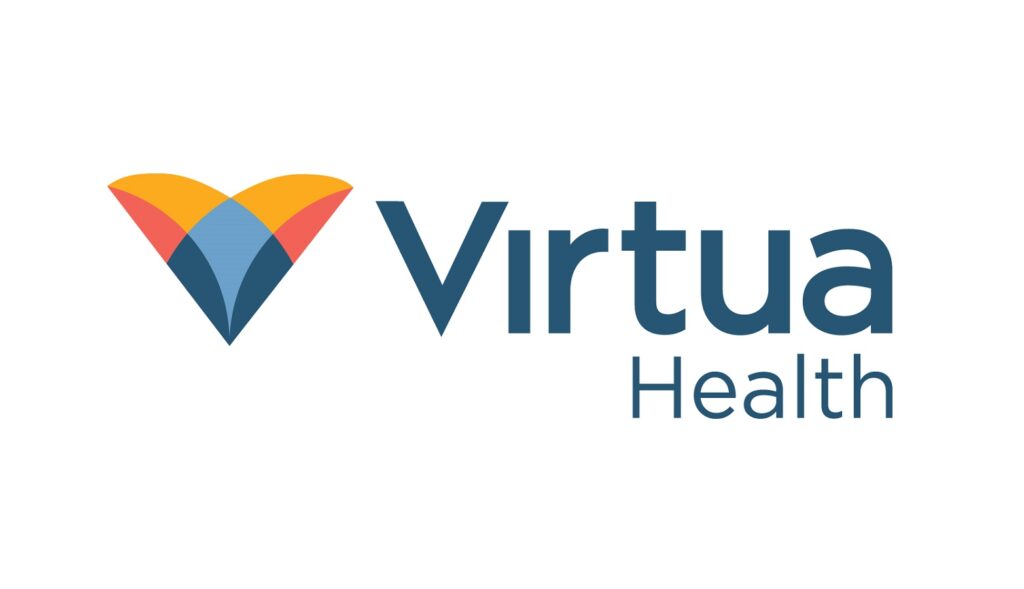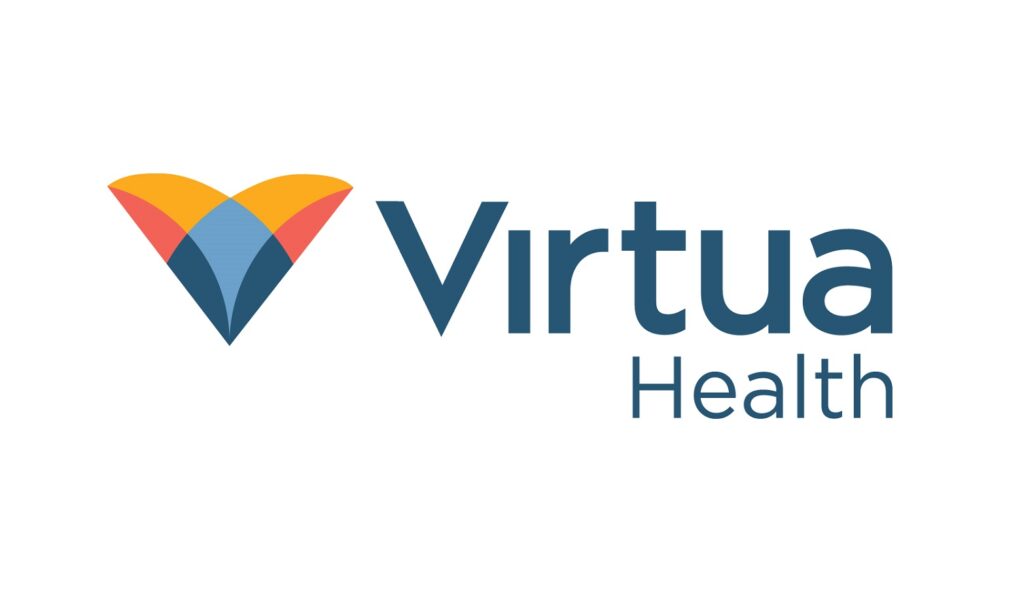If you’re in an entry-level nursing role, welcome. You are officially in the “learning while slightly panicking” phase of your career. This stage is less about climbing the ladder and more about figuring out where supplies are and how to finish a shift without replaying every decision on the drive home. Before worrying about the next move, give yourself time to get comfortable. Once your heart rate no longer spikes every time your name is called, you’re making progress.
Confidence Comes From Surviving the Hard Days
No nurse knows everything, no matter how confident they look walking down the hall. Real confidence comes from handling tough situations, asking questions without apologizing for them, and learning from moments that didn’t go exactly as planned. If you can say, “I’ve got this,” even when you don’t fully feel it yet, you’re already ahead of where you started. From there, an LPN to RN program may be a fantastic idea.
Keep Learning, Even When You’d Rather Be Sleeping
After orientation ends, it’s tempting to coast for a bit, and honestly, that’s understandable. Still, the nurses who move forward usually keep learning, even when they’re tired. Certifications, extra training, or taking on more complex patients can feel like adding homework to an already full schedule. The upside is that it keeps your brain engaged and reminds you that you’re becoming more skilled, not just more exhausted.
Find a Specialty That Matches Your Personality
Some nurses love fast-paced chaos and can function perfectly on caffeine and adrenaline. Others prefer calmer settings and meaningful patient connections. If your current role doesn’t feel like a great fit, that doesn’t mean you’re failing. It just means you’re learning what you like. Talking to coworkers in different specialties and asking honest questions can save you from making a move you’ll regret later.
Your Reputation Travels Faster Than You Do
Nursing is a surprisingly small world. People notice who shows up on time, who helps out, and who stays calm when things get messy. Being dependable and kind builds a reputation that can open doors without you even trying. Sometimes the next opportunity starts with someone saying, “You’d be great at this,” instead of you filling out another application.
Leadership Starts Before the Job Title
You don’t need a fancy title to show leadership. Helping a new nurse, taking students under your wing, or stepping into a charge role when you’re ready all count. These experiences help you figure out whether leadership is exciting or something you’d rather admire from a distance, and both answers are perfectly fine.
Don’t Let Comparison Steal Your Energy
It’s easy to feel behind when other nurses seem to be advancing faster. Social media does a great job of making it look like everyone else has it all figured out. In reality, nursing careers move at different speeds. Rushing yourself into the next role before you’re ready is a great way to burn out, and burnout is not a personality trait.
Take the Next Step When You’re Ready
Moving beyond entry-level nursing doesn’t happen overnight. It happens as your confidence grows and your goals become clearer. Pay attention to what excites you, protect your energy, and trust your timing. You’ve already survived the hardest part. Everything else is just leveling up.






